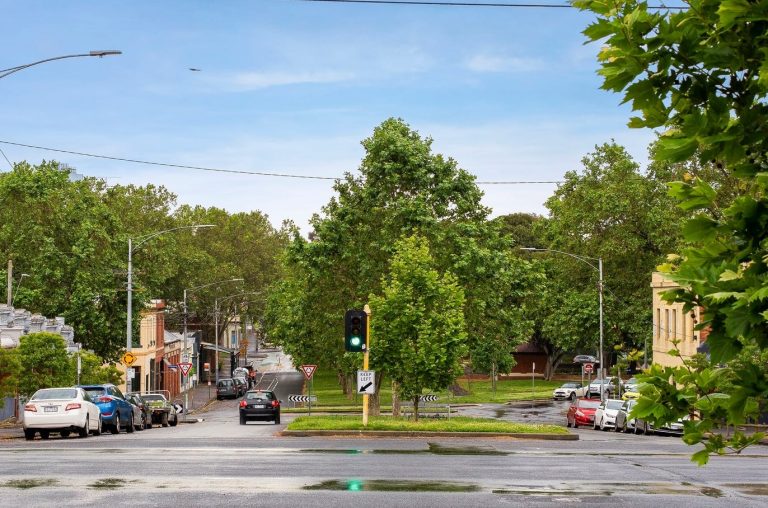3 tips to make good in commercial real estate

Commercial real estate leasing is not a topic many people know too much about or understand, until they have been tasked with opening or moving office. It’s also something that is bogged down in fine print and real estate lingo, and if you’re not paying attention, you may just sign up to something you didn’t agree to in the first place.
Both commercial and residential leasing is similar in that at the end of your lease term you are expected to ‘make good’. In simple terms, ‘make good’ means that as a tenant you need to give back the office to your landlord in the same condition it was at the start of your lease.
To ‘make good’ means that as a tenant you need to give the office back to your landlord in the same condition that you originally found it in.
Remember those partition walls you took down at the start of your lease or the kitchen you installed within your office? If you haven’t negotiated with your landlord to leave the office as is at the end of your lease, then you could be up for some serious expenses when you move out. The rule of thumb with a ‘make good’ of your commercial office is roughly $150 to $200 per square metre. This is important to remember down the line when budgeting your moving out costs.
To help minimise the potential headaches that can come with moving out of your office space, here are 3 tips to keep in mind for the ‘make good’ process:
1. Avoid it if you can
The best way to make good at the end of your lease is to avoid having to do one! When negotiating your lease term and contract with the landlord or agent, ask to have the clause removed from your lease. Of course, this is much easier said than done. In terms of bargaining power, if you have a long lease term such as a 5-year lease with a 5-year option, a good negotiation strategy would be to ask for the clause to be waived in the event you exercised your option.
Ask for the make good clause to be waived in the event of you exercising your option.
2. Keeping the existing fit-out can save you plenty

If you are leasing an office that has an existing fit-out already in place, there is a good chance you will not be expected to make good at the end of the lease term. So before you start going wild and contacting interior designers to create the best office of all time, remember that not only will you need to pay to build your new fit-out, but when you decide to move on you will need to pay to remove it, as well as potentially replace whatever was there to begin with.
Read more: 5 key numbers when planning an office fit-out
3. Recommendations from people in the know
Assuming you have to proceed with performing a make good, then you really only have two options to consider.
The first is for the agent or landlord to provide you with their make good guidelines. This will outline exactly what jobs your builder will be required to complete to fulfill your lease obligation. Be sure you don’t start any works without having this information or speaking to them first. Once you have this information, you can then start sourcing quotes and begin works.
Your second option is to negotiate with the landlord to leave your fit out in place and pay them instead of having to carry out a make good. If you do decide to take the latter option, it is best to discuss this prior to executing and signing off on your lease. You ideally want to confirm the pay out figure so that it can be incorporated into the lease.

In some rare or special cases, the landlord may find that the fit-out has improved the future leasing potential of the office space, and is willing to leave things as they are with no additional payment necessary.
The costs associated with carrying out a make good can also vary greatly. Ask your agent for some recommendations for builders specialising in commercial make goods. Like with anything, 3 quotes are a must and don’t forget to negotiate with the builders as there are a lot of fit out companies out there competing for the work.
So in summary, the hot tip for a make good is to negotiate it out of your lease completely. Don’t be shy asking your agent; they have heard it all before, and who knows, the landlord may just agree to waiving this from the lease. Remember, if you don’t ask the answer is always no!







